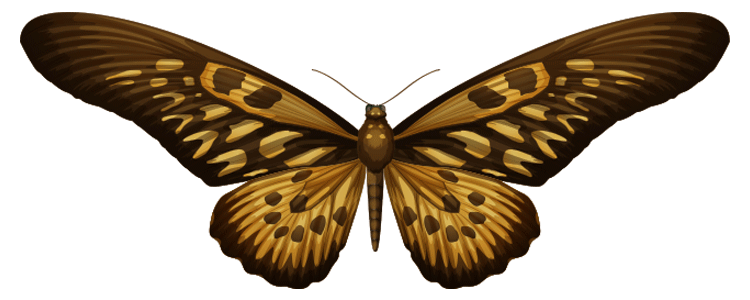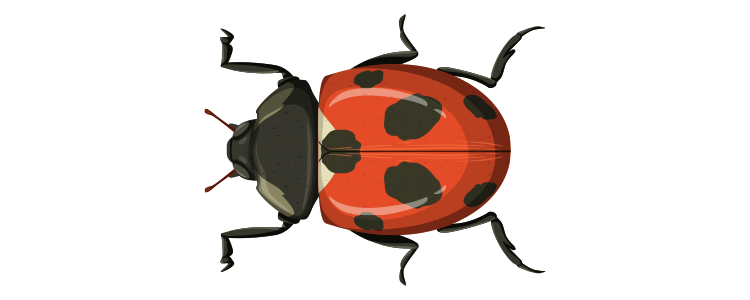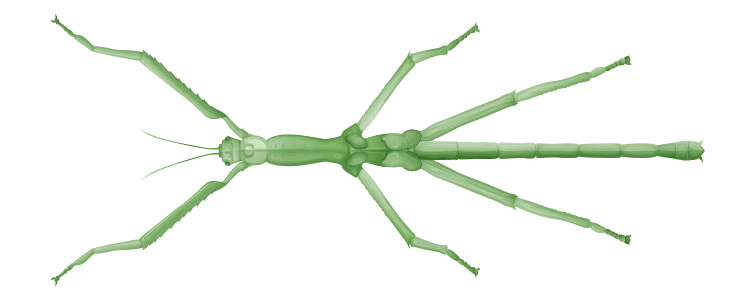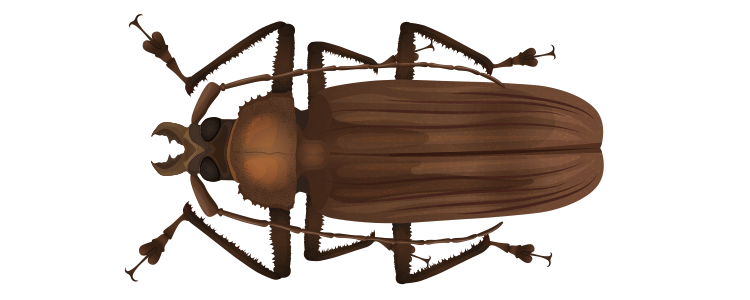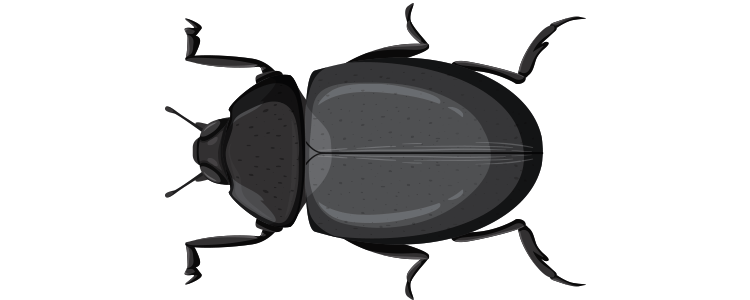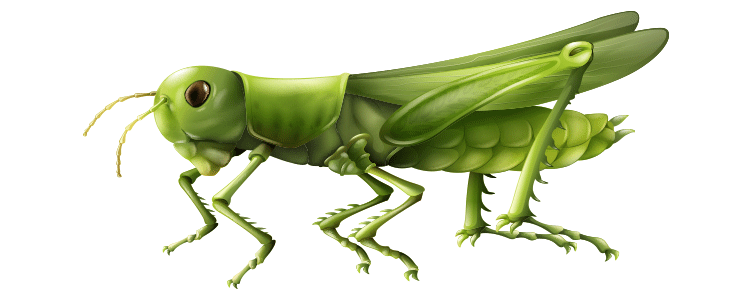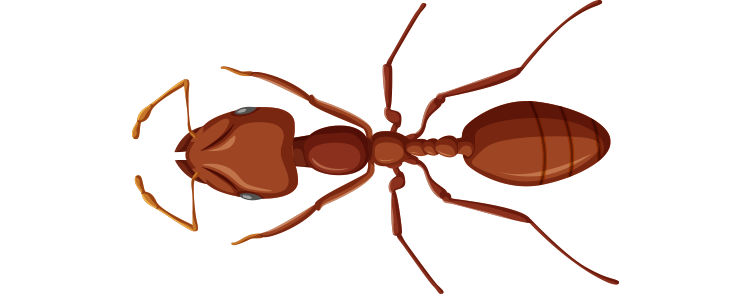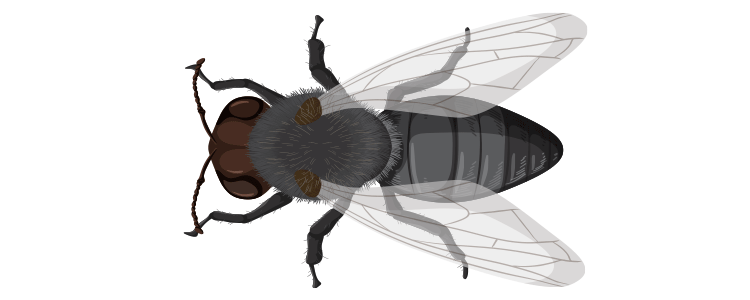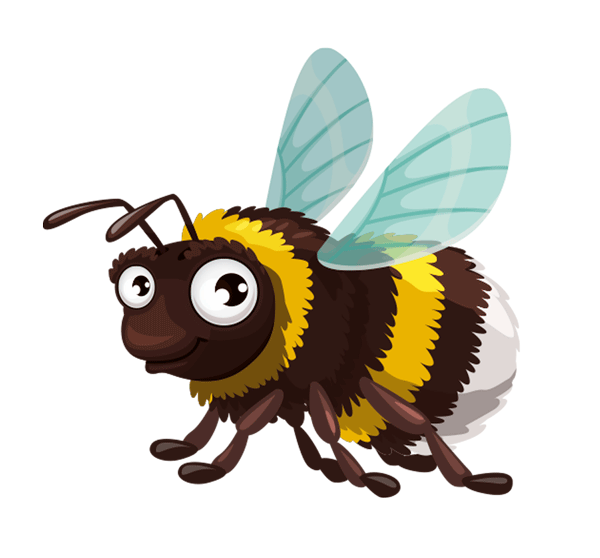
Beneficial Insects
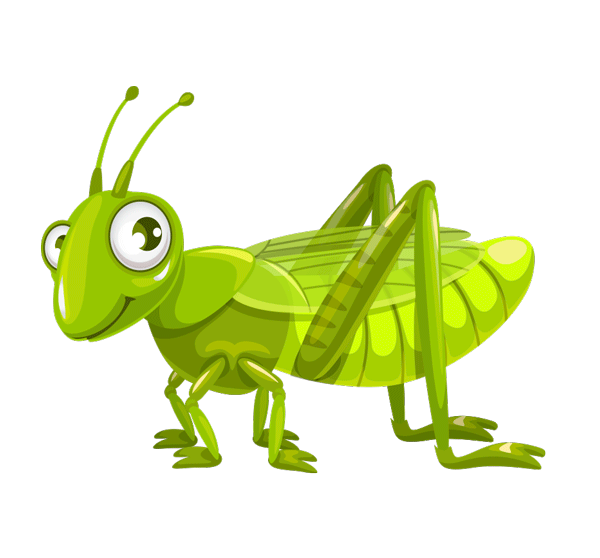
Insect Pests

One Bank
THE FIRST NON-PROFIT INSECT BANK IN AFRICA
“There are more than 200 million insects for every person on the planet right now.”
Pollination, Food, Silk, Natural and Biological Control, and Aesthetics are some benefits we derive from insects.
But as Climate-Smart Agriculturists and Entomologists, we are developing an insect bank for Africa to collect varying species of insects, study them and preserve them to help better understand how they shape Agriculture and are adapting to climate change.
Insights on these collected data will also help us efficiently track insects’ movements and migrations to help curb insect pest infestation while protecting beneficial ones.
How could we forget this? The insect bank will be used for educational purposes and help people control pest infestation in their homes based on the well-curated data we provide via our USSD and application ecosystem.
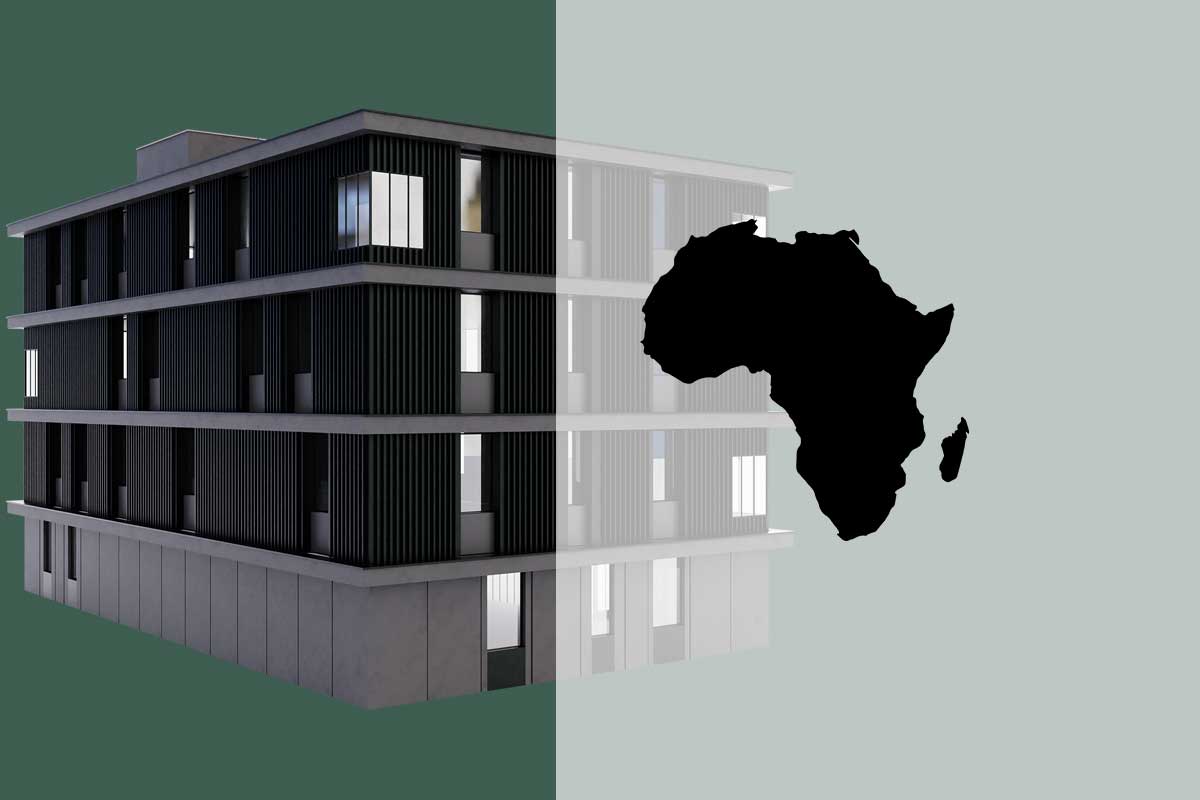
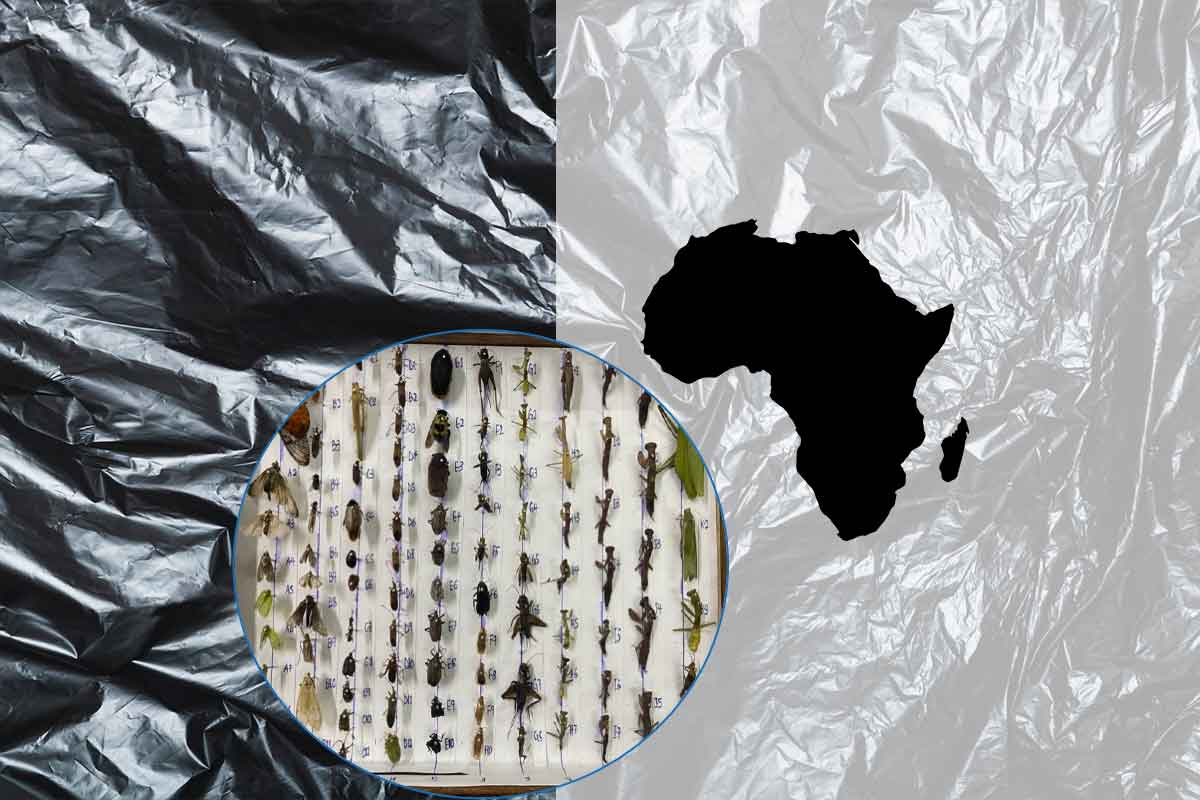
AN INSECT BANK FOR AFRICA BUILT FROM RECYCLABLE PLASTICS & E-WASTE.
An Approach Beyond The Usual Scope.
Designing from a climate-smart perspective and integrating design thinking into everything we do, we aim to build Africa’s first not-for-profit, Insect Bank, from plastic waste and e-waste. The insects will be cultured with organic waste, thus, creating a unique circular economy.
To tap into our clean energy solution, we aim to develop and power the system with clean solar and wind energy. The designed Insect Bank model will then be replicated across Africa for decentralization, practical learning, improved research, and improved agriculture to enable Africa to feed the world.
While doing these, we will contribute to SDGs 2, 3, 4, 7, 8, 9, 11, 13, 15 & 17.
WHY AGRICULTURE NEEDS INSECTS AND VICE VERSA.
The Interdependency.
Insects and agriculture have a mutually beneficial relationship. Insects need agriculture because many crops provide food, shelter, and other resources that insects require to survive and reproduce. For example, flowers and other flowering plants provide nectar and pollen, essential food sources for many insects, including bees, butterflies, and other pollinators. In addition, some insects feed on plants or parts, such as leaves, stems, and roots, and can be found in agricultural ecosystems.
On the other hand, agriculture needs insects for various reasons. Insects are essential for pollinating many crops, including fruits, vegetables, nuts, and grains. Pollinators, such as bees, butterflies, and other insects, help to transfer pollen from one flower to another, fertilizing plants and producing seeds. This process is essential for growing food and other agricultural products, and the loss of pollinators could significantly impact global food security. In addition, some insects serve as natural predators of pest species, helping to control populations of insects that can damage crops. Overall, insects and agriculture are closely intertwined, and both depend on the other for their survival and success.
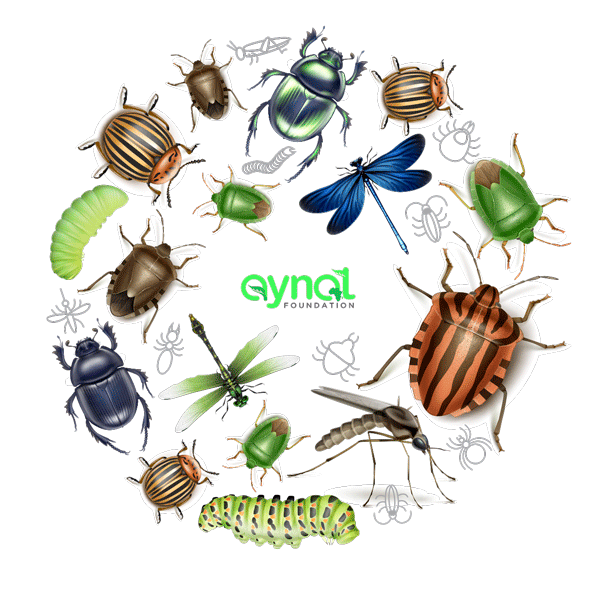
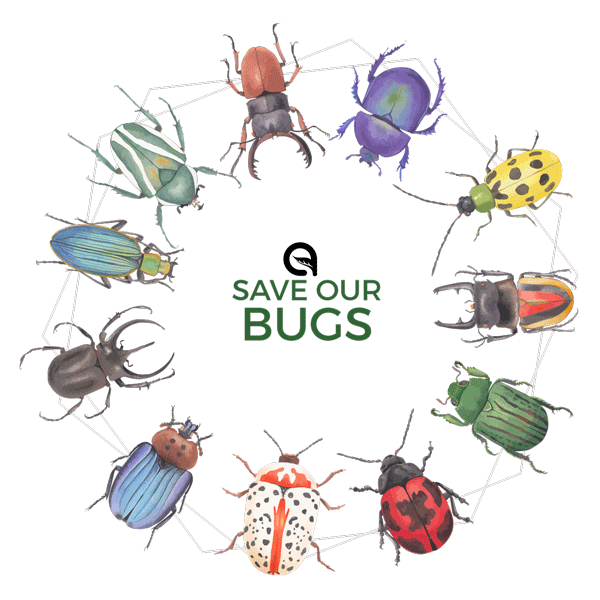
HOW WE ARE HELPING TO SAVE INSECTS
Agritech + Climatech
As a not-for-profit youth-led organization, we are leveraging to save insects and support their survival and biodiversity through the following ways:
i. Protecting and restoring their natural habitats.
ii. Using sustainable agriculture practices.
iii. Planting native plants.
iv. Reducing light/ environmental pollution.
v. Supporting conservation organizations
vi. Deploying unique conservation and biodiversity solutions such as our Insect Bank for Africa.
vii. Creating Awareness and placing nature at the heart of our innovations.
get involved

VOLUNTEER
Join Us On This Journey.

HIRING
Check Our Open Job Positions.

DONATE
Help To Fund Our Projects.

Subscribe to our Newsletter
and receive latest updates in your inbox.

